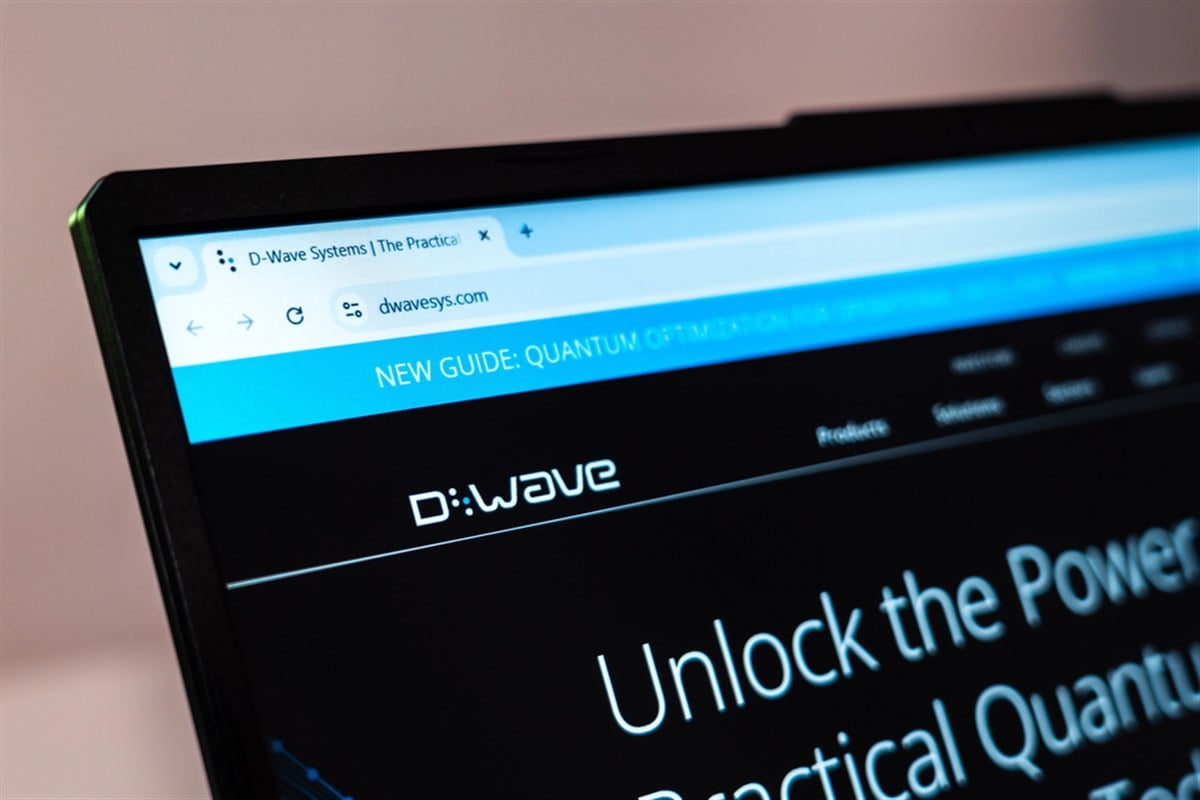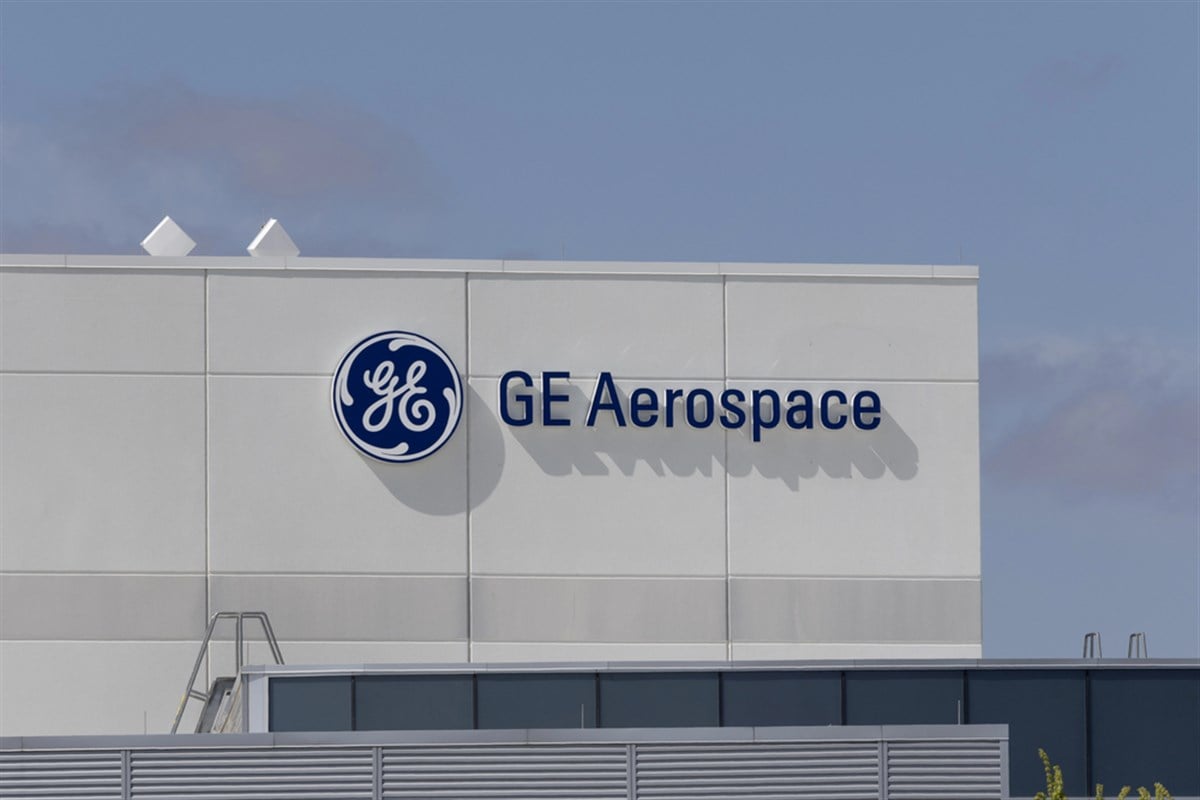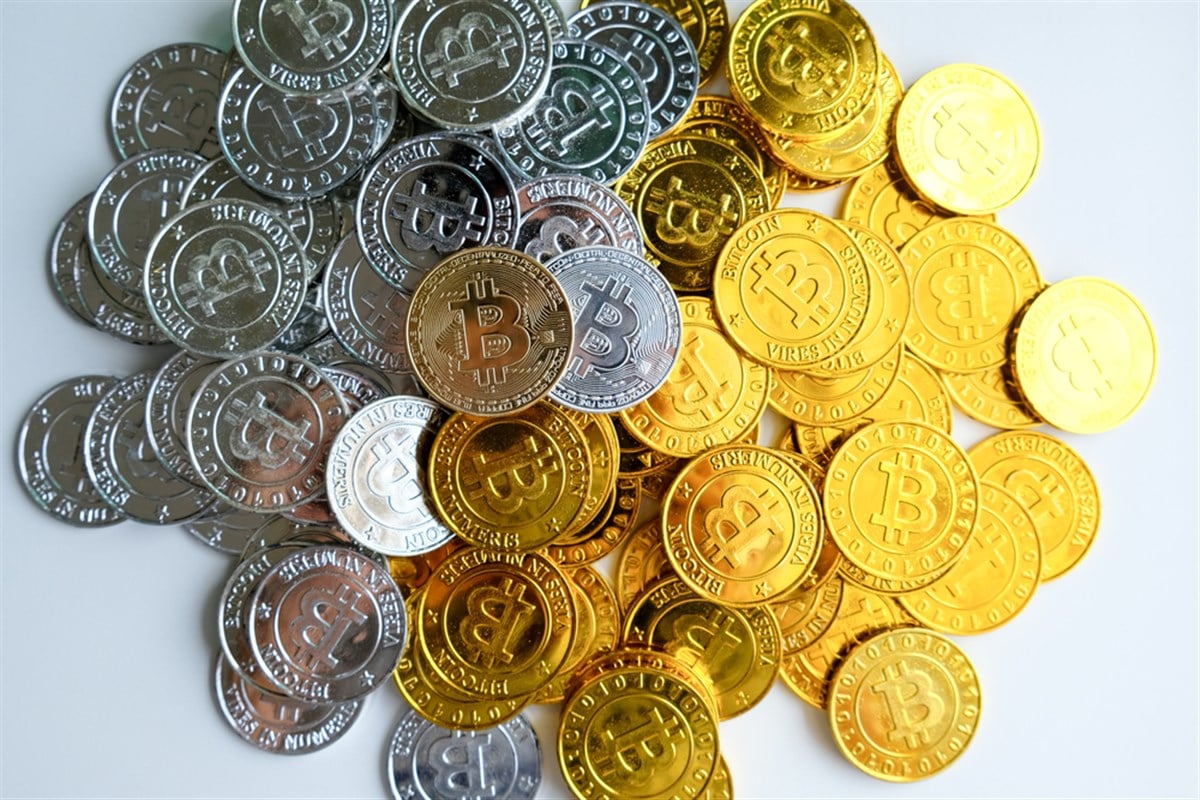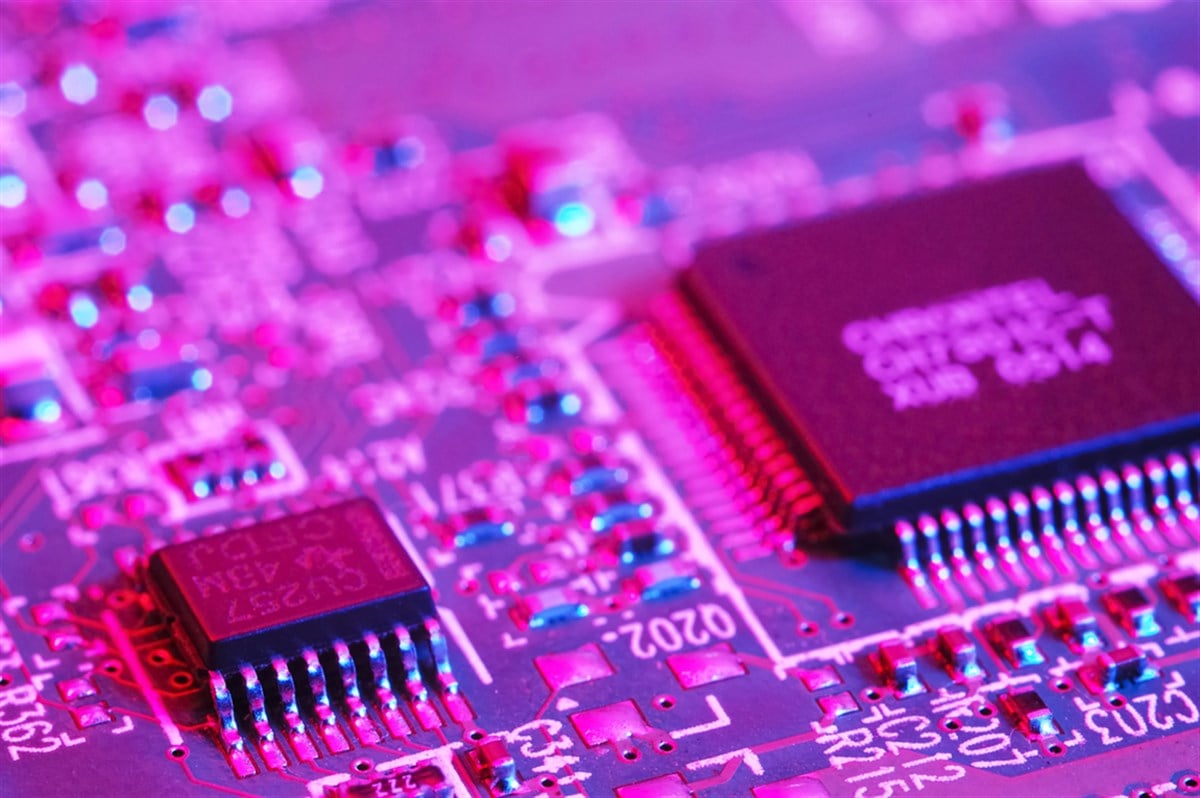Will D-Wave's European Expansion Keep Fueling the Rally?

Quantum computing giant D-Wave Quantum Inc. (NYSE: QBTS) seems to be at its latest inflection point.
Shares have nearly quadrupled in value this year, but as of the middle of October, it appears QBTS could be reversing course. The stock has fallen after reaching nearly $45 each on Oct. 15.
For D-Wave, remaining one of the most-hyped quantum stocks will require two things.
First, the company must find a way to sustain its massive rally going forward. Second, D-Wave has to continue to make the case to investors that its product line-up is increasingly marketable.
Coinciding with the record-setting stock price, D-Wave announced on Oct. 15 that Swiss Quantum Technology SA (SQT) would deploy one of its Advantage2 annealing quantum computers in Europe in a deal representing at least €10 million (approx. $11.65 million).
D-Wave's Advantage2 sales are infrequent enough that each new agreement draws its own press release and resulting attention from investors. However, this is not to trivialize the deal, which could have a real impact on D-Wave's quarterly and annual earnings and revenue performance.
However, the market response was tepid at best. The stock reversed sharply—close to 15%—following the announcement, underscoring growing investor concerns about whether even a deal of this magnitude can justify D-Wave’s soaring valuation.
Will the SQT contract be enough to sustain the level of investor enthusiasm that’s drove QBTS up over 300% in last year?
A Closer Look at D-Wave's Advantage2 Sales
Released for general availability earlier this year, D-Wave's powerful Advantage2 system has experienced a few notable sales and collaborations thus far. Defense and aerospace firm Davidson Technologies assembled a system at its Alabama facilities in April; the preexisting D-Wave computer at Germany's Jülich Supercomputing Centre will be upgraded to Advantage2; the firm continues to work toward a sale of a system to Yonsei University and Incheon Metropolitan City in South Korea.
The reality is, however, that sales of physical Advantage2 systems have been fairly rare, despite the fact that D-Wave has a growing customer base spread across geographies and sectors.
Two potential reasons for this are that Advantage2 systems are prohibitively expensive for many would-be clients—the system may have a unique appeal for specialty supercomputing centers like Jülich or for massive government clients like those in Korea, but not for many business customers—and because D-Wave offers access to the computing power of Advantage2 through a cloud-based service as well.
When D-Wave reports its next earnings on Nov. 13 (for the first full quarter since the company announced Advantage2's general availability), investors may get a clearer picture of the financial impact of both the physical and cloud-based products related to Advantage2.
Analyst Sentiment Turns Mixed
Wall Street analysts remain largely bullish on D-Wave, but it's notable that so far in the month of October two firms have issued or reiterated Sell ratings.
Weiss reiterated its prior Sell rating just before the latest Advantage2 news broke, while Zacks downgraded to Strong Sell from Hold earlier in the month. Part of the change in perspective is likely due to concerns about D-Wave being able to continue to appeal based on its momentum.
The company does, after all, have a consensus price target that is just over 40% of the current price (as of Oct 20), suggesting about 41% in downside potential.
D-Wave's CEO Alan E. Baratz recently sold nearly 32,000 shares, an insider move that may have contributed to a sharp decline in trading volume and sent some skittish investors packing. Competition across the industry is heating up as well, another external pressure impacting D-Wave's potential performance.
However, in its announcement of the SQT Advantage2 sale, D-Wave indicated the project's relationship to the "Q-Alliance," a partnership between D-Wave and sometime-rival IonQ Inc. (NYSE: IONQ). As the quantum industry matures and as the share performance of each firm becomes less entangled with that of its rivals, investors will want to watch closely for how the major players find ways to collaborate that are mutually beneficial.
This latest partnership could give both D-Wave and IonQ an advantage as other peer Rigetti Computing (NASDAQ: RGTI) recently revealed a major partnership with the U.S. Air Force.
QBTS Faces a Reality Check as Hype Meets Investor Skepticism
QBTS stock's recent plunge highlights the market’s shifting focus from hype to fundamentals. While D-Wave continues to position itself at the forefront of quantum computing innovation, the burden is now on the company to prove that it can generate consistent, scalable revenue—both through physical system sales and its cloud platform.
Investors should brace for increased volatility as the coming months will be critical in determining whether this quantum rally has true staying power.
Learn more about QBTS


